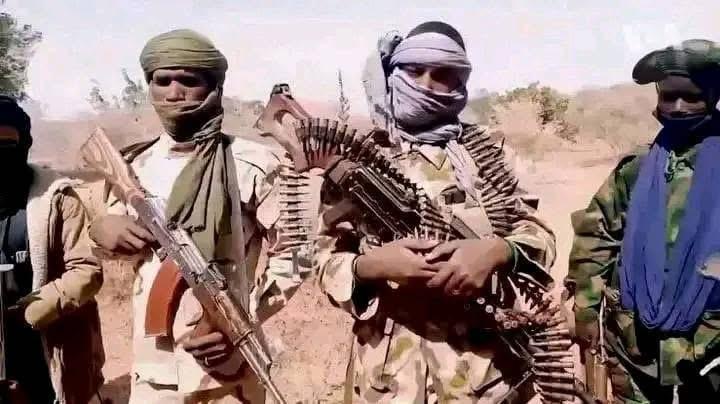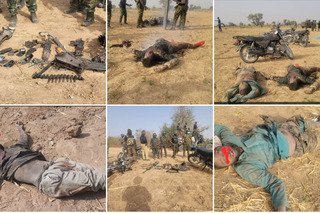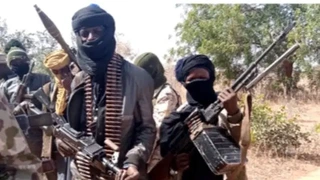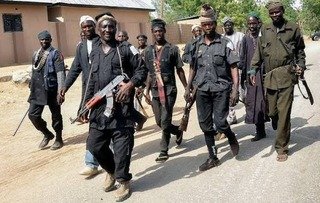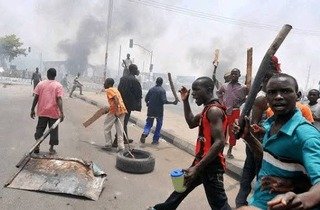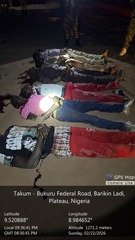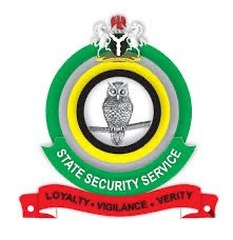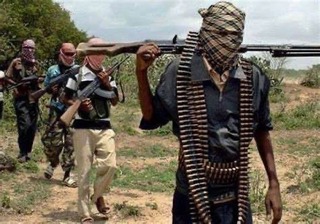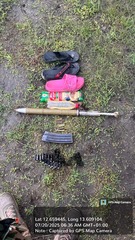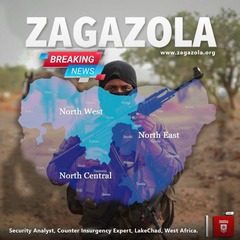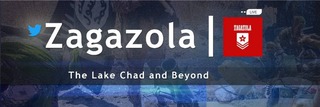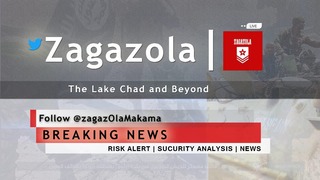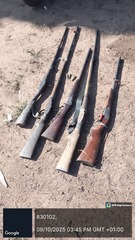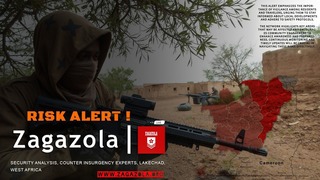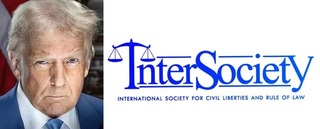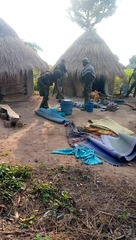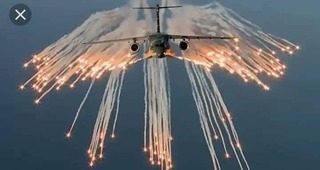Fake news factories fueling religious tension in Northern Nigeria — No faith spared
By; Zagazola Makama
A dangerous campaign of fake news and deceptive online propaganda is threatening Nigeria’s fragile peace, security, and unity.
The campaign, largely driven by faceless actors from Nigeria and foreign-based platforms, deliberately promotes false narratives portraying Nigeria’s security crisis as a religious war between Muslims and Christians.
In reality, both Muslims and Christians have suffered devastating losses from terrorism, banditry, and communal violence across the North and other parts of the country.
Over the years, extremist groups such as Boko Haram and ISWAP have attacked mosques, churches, markets, schools, and military formations killing thousands of innocent Nigerians without discrimination.
Rural bandits in Zamfara, Sokoto, Katsina, and Niger States have also targeted farming communities, where the victims have overwhelmingly been Muslim.
In the North-Central states of Plateau, Benue, Taraba, and parts of Southern Kaduna, both Muslim and Christian communities have endured repeated cycles of reprisal killings, with no group left untouched.
Despite these facts, foreign-based organisations and online platforms continue to publish distorted reports and manipulated images, branding every incident in Northern Nigeria as an “attack on Christians.”
In several cases, images from Muslim funeral prayers were misrepresented as photographs of Christian victims, fuelling anger and suspicion among faith communities.
Some of the fake reports also cite unverified statistics, claiming that “2,000 churches are destroyed daily” or that “3,000 Christians are killed daily.” These figures are not only false but mathematically impossible designed purely to inflame emotions and attract international condemnation against Nigeria.
These claims are “a deliberate campaign of psychological warfare” aimed at dividing Nigerians along religious lines and damaging the country’s image abroad.
The motive ⁰is to destabilise the nation by creating mistrust, promoting religious extremism, and pressuring foreign governments to impose sanctions based on fabricated data.
These actors have double standards, while they amplify unverified claims about Nigeria, they have remained silent on global revelations, such as those made by the U.S. President Donald Trump, alleging that certain international agencies indirectly funded Islamist extremist groups like Boko Haram and ISWAP through aid channels.
Nigeria’s government and civil society have been urged to rise to the challenge by countering false narratives, strengthening media literacy, and ensuring that verified information dominates the digital space.
This is no longer about careless reporting, it is a war on truth, unity, and the sovereignty of the Nigerian state.
We called on Nigerians, regardless of faith or ethnicity, to unite in defense of the country’s image and resist efforts to plunge the nation into a religious crisis built entirely on misinformation.

